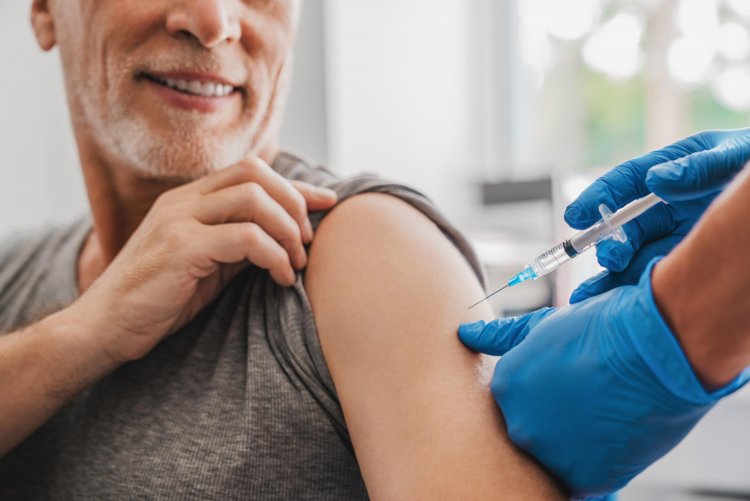Lockjaw Unlocked: A Deep Dive into Tetanus
Tetanus, also known as lockjaw, is a severe and potentially life-threatening bacterial infection caused by the bacterium Clostridium tetani. This anaerobic bacterium is commonly found in soil, dust, and animal feces, and it enters the body through breaks in the skin such as cuts, wounds, or puncture injuries.

Causes:
Clostridium tetani spores are resilient and can thrive in environments with low oxygen levels. When introduced into the body through contaminated wounds, the spores germinate into active bacteria that produce tetanus toxin. Factors that increase the risk of tetanus include:
- Puncture wounds
- Burns
- Surgical wounds
- Compound fractures
- Animal bites
Symptoms:
The symptoms of tetanus typically develop within days to weeks after exposure to the bacteria. The hallmark sign of tetanus is muscle stiffness, especially in the jaw muscles, which can lead to difficulty opening the mouth or swallowing, thus giving rise to the term "lockjaw." Other symptoms may include:
- Muscle stiffness and spasms, often starting in the jaw and neck and progressing to other parts of the body
- Difficulty breathing
- Fever and sweating
- Rapid heartbeat
- Elevated blood pressure
- Painful muscle contractions triggered by external stimuli such as loud noises or touch
Treatment:
Treatment for tetanus involves a multidisciplinary approach aimed at neutralizing the toxin, managing symptoms, and preventing complications. Prompt wound care is essential to remove any contaminated tissue and prevent further bacterial growth. Antibiotics, such as penicillin or metronidazole, are administered to eradicate the bacteria and halt toxin production.
Muscle stiffness and spasms are managed with muscle relaxants such as diazepam or baclofen. In severe cases, patients may require mechanical ventilation to support breathing. Tetanus immunoglobulin, containing antibodies against the tetanus toxin, may also be administered to neutralize the toxin in the bloodstream.
Prevention:
Prevention of tetanus primarily relies on vaccination. The tetanus vaccine, often combined with diphtheria and pertussis vaccines (DTaP or Tdap), is routinely administered as part of childhood immunization schedules. Booster doses are recommended every 10 years throughout adulthood to maintain immunity.
In addition to vaccination, practicing good wound care is essential to prevent tetanus infection. Thoroughly cleaning wounds with soap and water, applying antiseptic, and seeking medical attention for deep or dirty wounds can reduce the risk of tetanus transmission.
In conclusion, Tetanus is a serious bacterial infection that affects the nervous system, leading to muscle stiffness, spasms, and potentially life-threatening complications. While tetanus is rare in countries with widespread vaccination programs, it remains a concern, particularly in regions with limited access to healthcare and immunization. Understanding the causes, symptoms, treatment, and prevention of tetanus is crucial for healthcare professionals and individuals to effectively manage and prevent this potentially deadly infection.
#Tetanus #Lockjaw #BacterialInfection #ClostridiumTetani #Healthcare #Vaccination #WoundCare #Prevention #MuscleStiffness #Symptoms #Treatment #Immunity #PublicHealth
Disclaimer:
The information provided in this article is for educational purposes only and should not be considered medical advice. If you have any health concerns or are experiencing symptoms, it is important to consult with a healthcare professional, such as a doctor or clinic, for proper diagnosis and treatment. Always seek the advice of your doctor or other qualified health provider with any questions you may have regarding a medical condition. Do not disregard professional medical advice or delay in seeking it because of something you have read in this article.
What's Your Reaction?





















